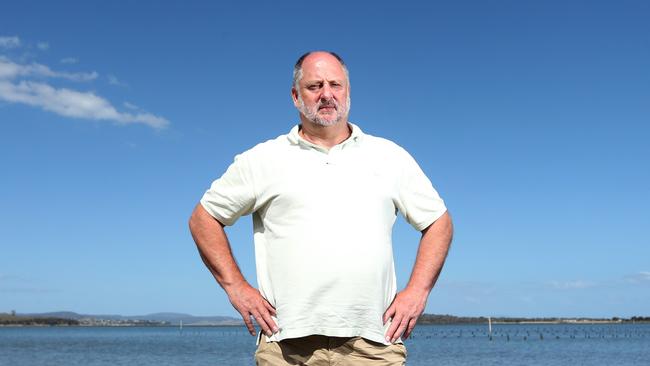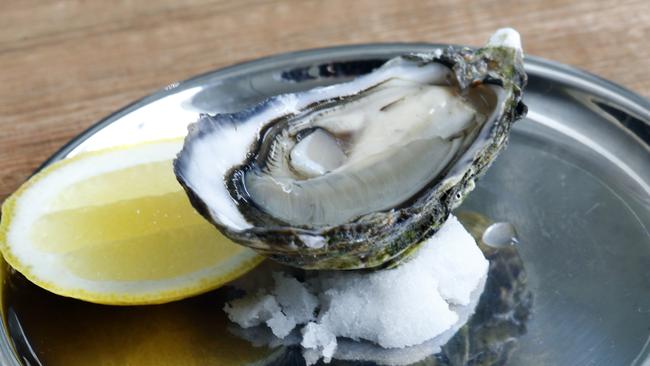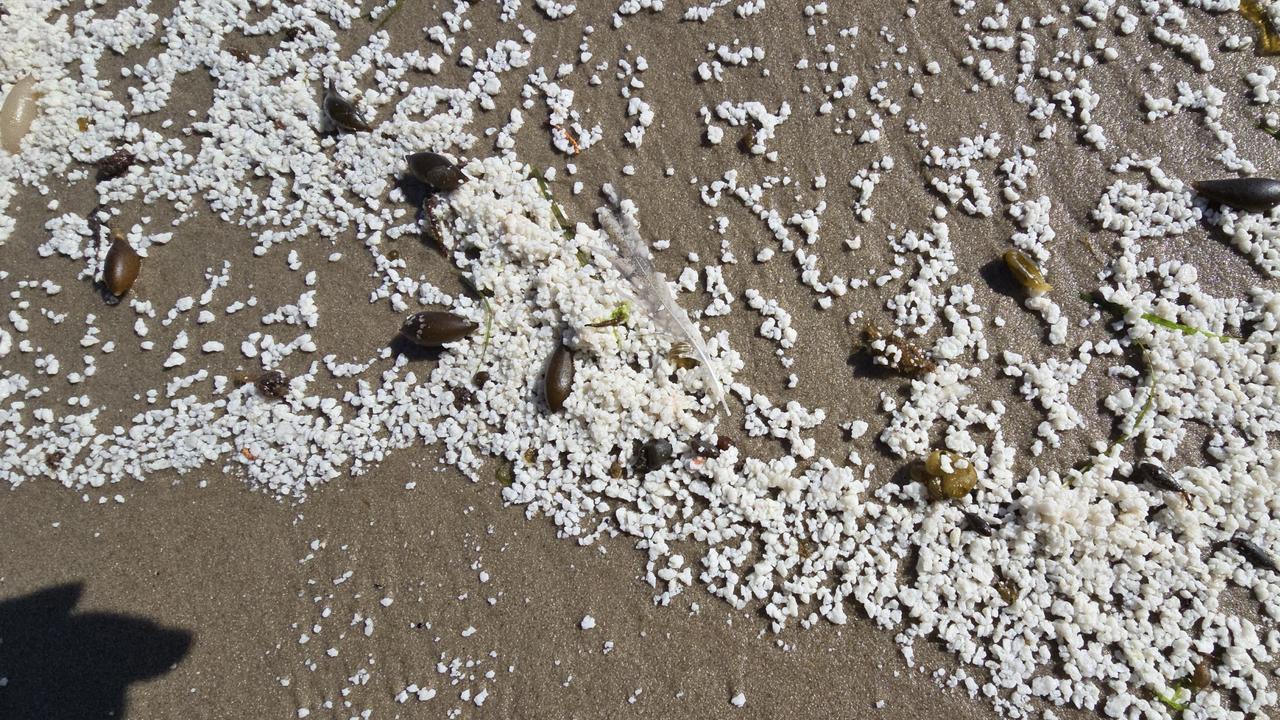Tasmanian oyster farmers facing disaster as Pacific Oyster Mortality Syndrome spreads
THE deadly virus sweeping through Tasmanian waters threatens to wipe out the state’s oyster industry, the sector’s peak body says.

Tasmania
Don't miss out on the headlines from Tasmania. Followed categories will be added to My News.
THE deadly virus sweeping through Tasmanian waters threatens to wipe out the state’s oyster industry, the sector’s peak body says.
Oysters Tasmania chief executive Neil Stump said the speed at which the Pacific oyster mortality syndrome could travel was alarming.
MORE: BANS ON TASSIE OYSTERS AS NEW DISEASE HITS
“This situation is extremely serious,” Mr Stump said.
“In France, the disease travelled 90km in two or three days, and it went through the Hawkesbury like a tsunami, just wiping out all the oysters in its path.
“At the moment we are sweating on getting results back on oysters sent from Bruny Island, Smithton and Dunalley.’’
More positive tests have been recorded in leases at Blackman Bay near Dunalley.
Mr Stump said the extremely contagious virus had devastated Pacific oyster populations in other parts of the world where it had taken hold, including New South Wales, New Zealand and Europe.
“What we will need to do in the next couple of days is consider the frequency of testing in areas we currently believe to be clear, because the way this disease travels we can’t afford to be lax in our sampling,’’ he said.
“It’s going to have to be on a regular basis.”

Mr Stump predicted the virus would cause “severe” disruption to the Tasmanian oyster economy, saying it was inevitable some farmers would be forced to leave the industry because of the impact.
Mr Stump said oyster representatives would meet Minister for Primary Industries and Water Jeremy Rockliff to discuss responses to the escalating situation.
Mr Rockliff said the Government’s priority was discovering where the virus was located and restricting movement.
The declaration of a control area had prohibited the movement of live oysters and associated equipment between growing areas, the minister said, although movements for human consumption and testing were exempt.
“Testing of samples at the Department’s Animal Health Laboratories has confirmed the POMS virus at Upper Pitt Water, Lower Pitt Water, Pipe Clay Lagoon and Blackman Bay,” Mr Rockliff said.
“Results of testing on samples from Little Swanport are negative at this stage.’’
Mr Stump said there were many theories about how the virus arrived in Tasmania, but that ultimately where the virus came from was academic, saying it had to be dealt with “ here and now”. Mr Stump stressed that the disease did not pose any risk to human health.
duncan.abey@news.com.au


